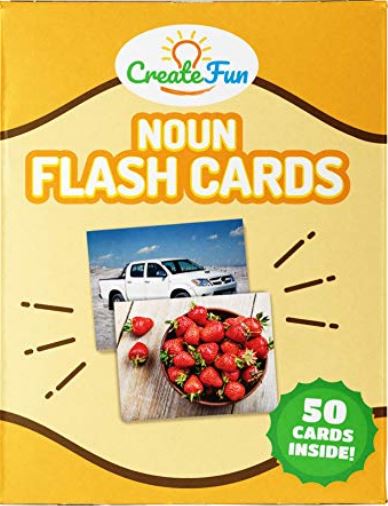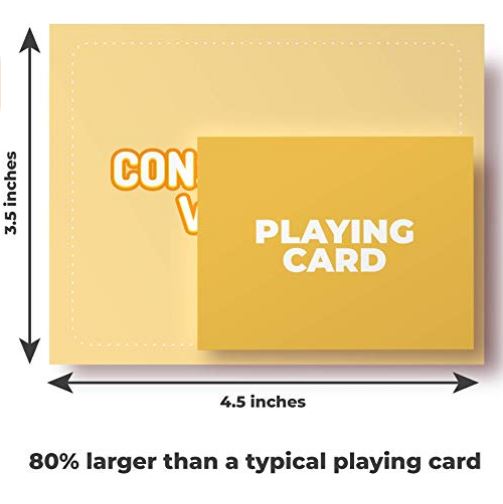Speech therapy involves treating conditions that affect a person’s ability to communicate, eat, and/or swallow. It is typically provided by a speech-language pathologist (SLP), who, depending on the patient’s condition, may work with a psychologist, physiotherapist, or psychiatrist.
Speech therapy for seniors is often necessary when recovering from the debilitating events such as an head, face, or throat injury, or a stroke, brain tumor, brain hemorrhage, or neural disorder. It may be necessary to due to diseases impacting the nervous system (such as Parkinson’s) or loss of mental faculties (such as dementia). Difficulty in swallowing my be due to stroke, pneumonia, changes in physical attributes (such as teeth, gums, or shape of the mouth) , or even “dry mouth” from aging or as a side effect from taking medication.
Speech therapy for language disorders starts with determining the extent of the disorder, exploring the underlying cause, addressing the cause with the patient, and then using a variety of exercises to help the patient overcome the disorder.
Types and Causes of Speech Disorders that Speech Therapy can Address
Below are some of the most common types and causes of speech disorders that speech therapy can address.
| Name | Symptoms | Common Causes | Techniques |
| Aphasia | Trouble finding the right word for thoughts, or speech is halting or unclear. | Brain injury; brain tumor; stroke; brain hemorrhage | Helping patient to concentrate in order to find the right words, as well as respond to verbal and vocal cues. |
| Apraxia | Using words out of order and/or having trouble moving lips correctly to form words. | Brain injury; brain tumor; stroke; brain hemorrhage | Asking patient to repeat certain sounds, and then try to make those sounds into words. Asking the patient to speak slowly, at least at first, in order to make the words, or say them in the correct order. |
| Dysphagia | Difficulty swallowing | Stroke; bouts of pneumonia; changes in teeth, gums and shape of mouth; “dry mouth” from aging or as a side effect from taking medication. | Recommending special positions for eating, certain foods, or modified utensils. |
| Dysarthria | Slow rate of speech, speech that is mumbled, slurred, or hard to understand. | Diseases impacting nervous system, such as Parkinson’s. | Having patient work on tongue and lip movement, breathing techniques, and speaking more slowly to have time to form words. |
| Dementia | Difficulty finding the right words, particularly the names of people. Substituting incorrect words, or not finding the words at all. | Loss of mental faculties with age. | Teaching person to rely more on visual clues, simple words, familiar sounds, and so forth. |
It is important to realize when thinking about speech that there are many functions that go into speech, including:
- Speaking
- Listening
- Reading
- Writing
- Comprehension
- Attention
- Memory
- Visual processing
- Problem-solving
Your speech therapist and you will work together to identify on which of these areas of speech you will need to work, and developing and carrying out the appropriate speech therapy exercises.
Sampling of Representative Speech Therapy Products
Below is a sampling of products and equipment that are designed to assist in speech therapy. Click on the links to find out more information, see other products selections, and if you like, to make a purchase from one of our providers.
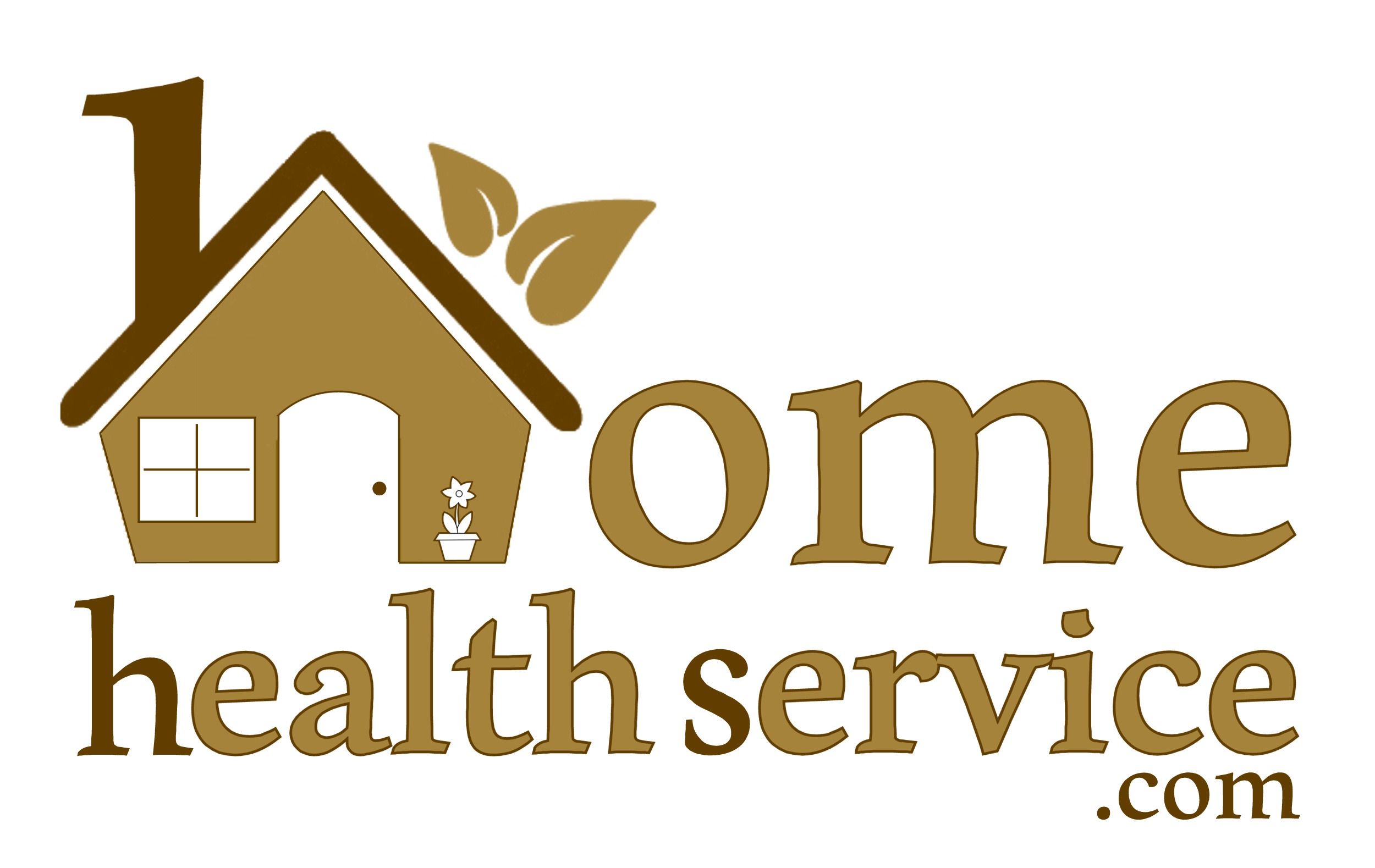

 Personal Development Goals
Personal Development Goals

 Bedrooms Designed for Aging in Place
Bedrooms Designed for Aging in Place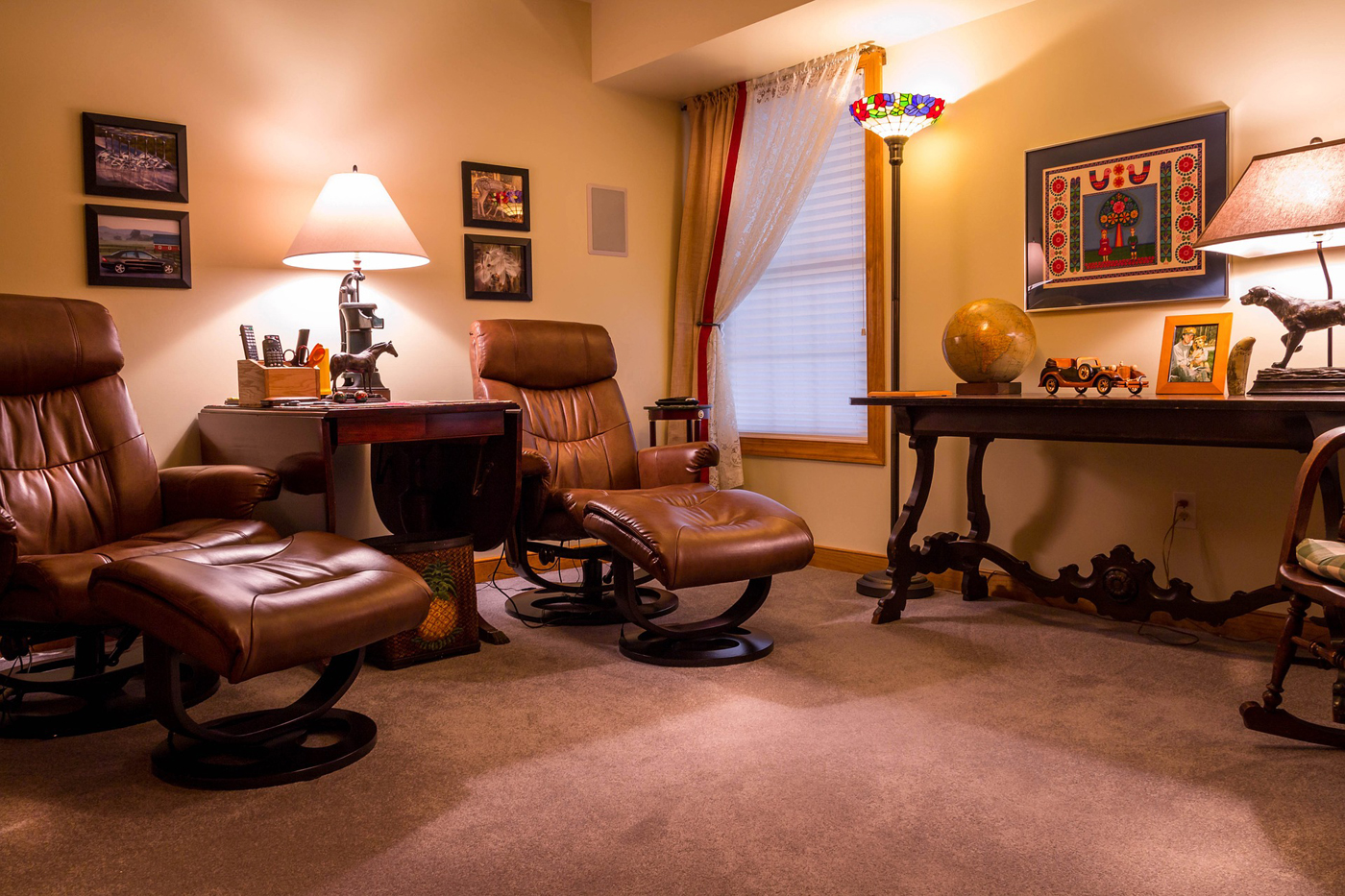 Furniture
Furniture Kitchens Designed for Aging in Place
Kitchens Designed for Aging in Place Lighting and Light Switches
Lighting and Light Switches
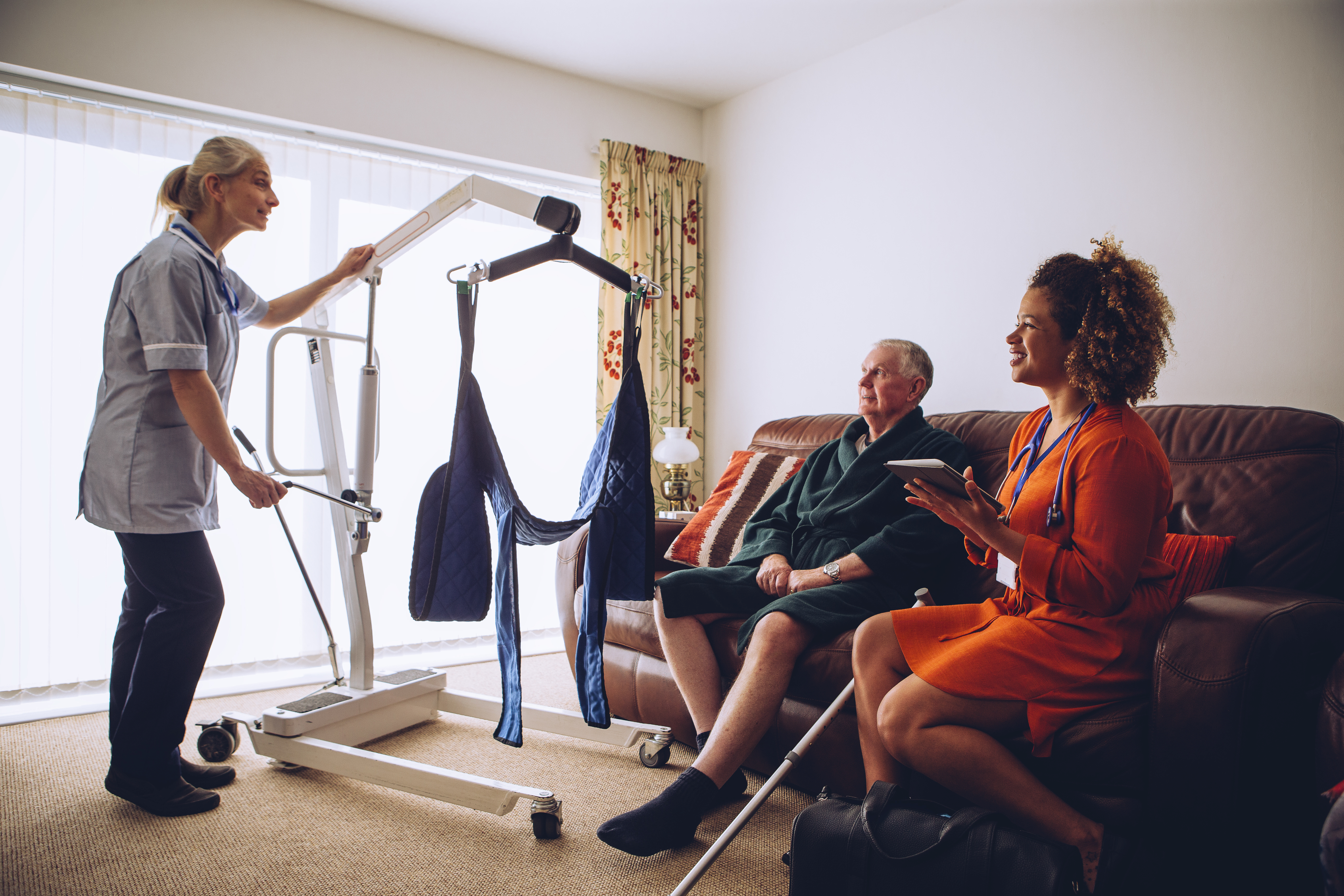 Assisting With Functional Mobility
Assisting With Functional Mobility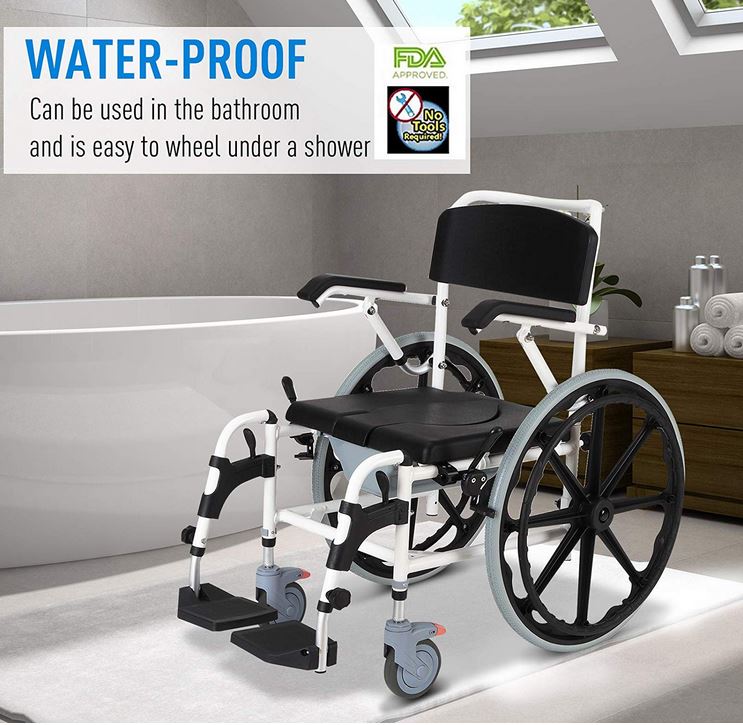 Bath and Shower Mobility Aids
Bath and Shower Mobility Aids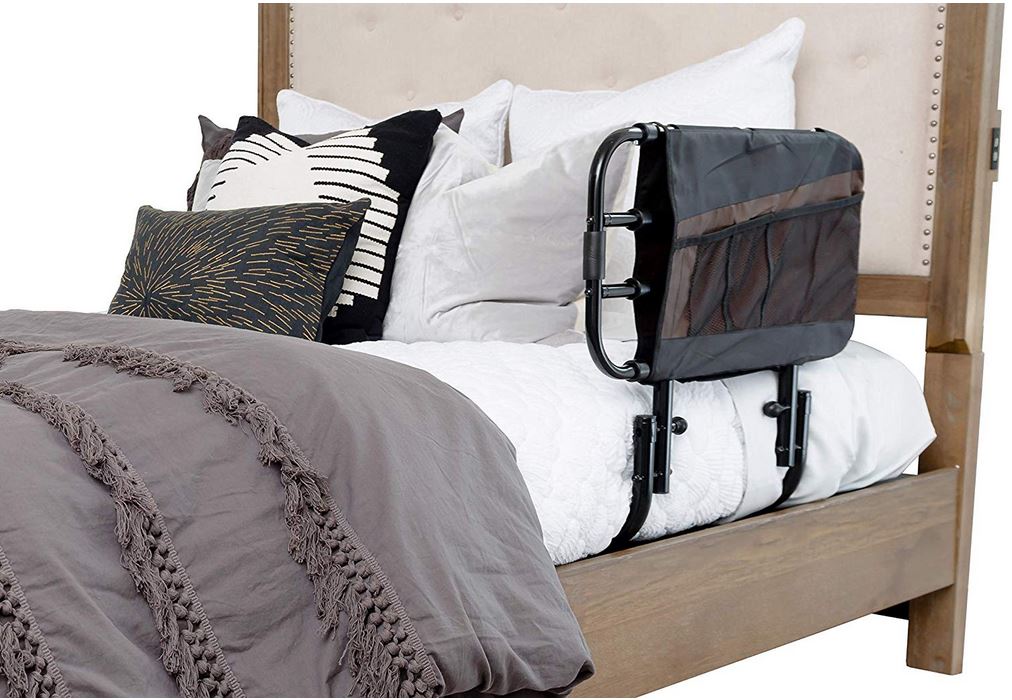 Bedroom Mobility Aids
Bedroom Mobility Aids Assisting with Personal Grooming and Hygiene
Assisting with Personal Grooming and Hygiene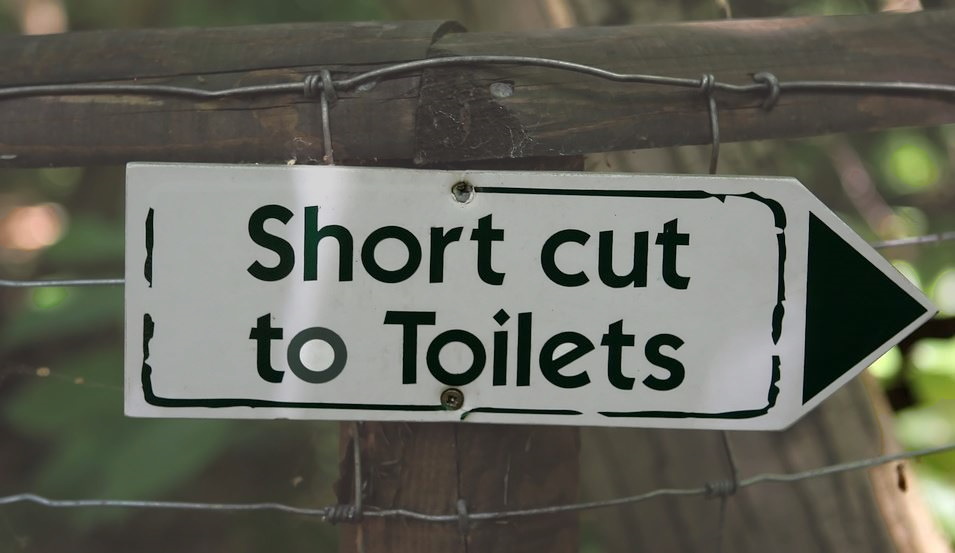 Caring for Someone With Incontinence
Caring for Someone With Incontinence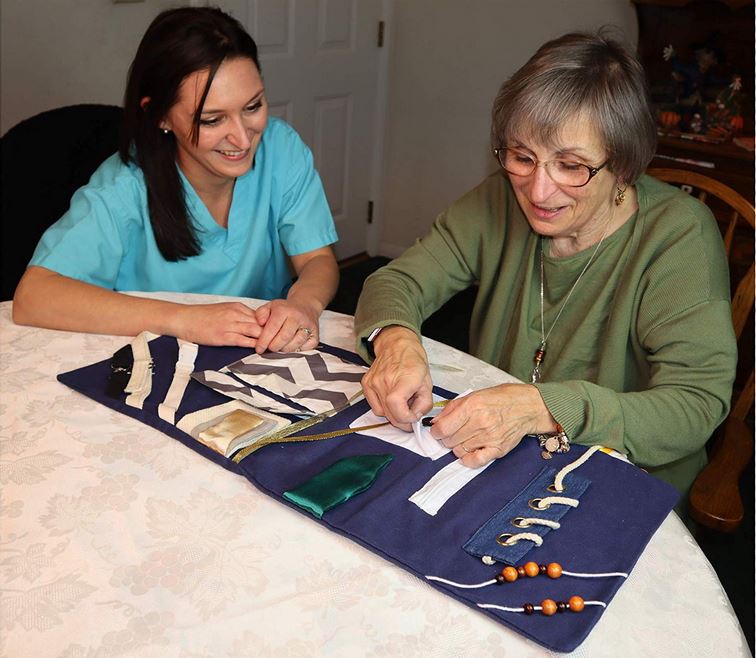 Helping People To Cope with Alzheimer’s and Dementia
Helping People To Cope with Alzheimer’s and Dementia Helping With Bill Paying
Helping With Bill Paying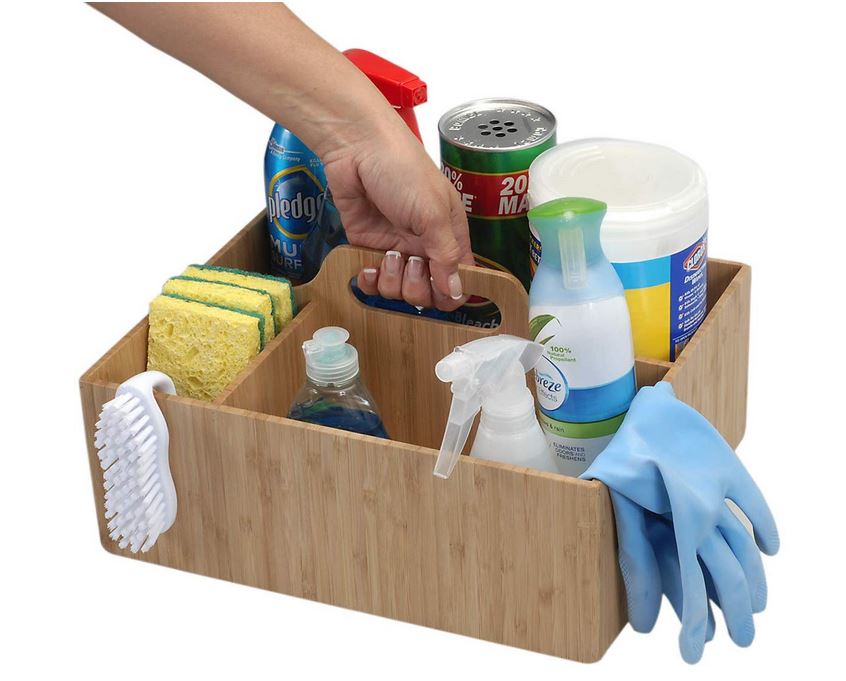 Home Cleaning Services
Home Cleaning Services Offering Companionship
Offering Companionship Providing Medication Reminders
Providing Medication Reminders Providing Transportation
Providing Transportation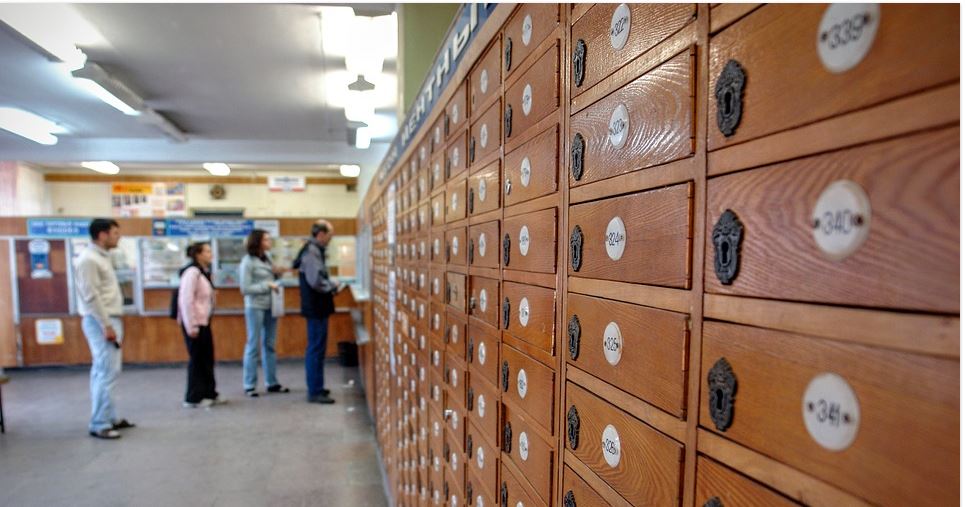 Running Errands
Running Errands
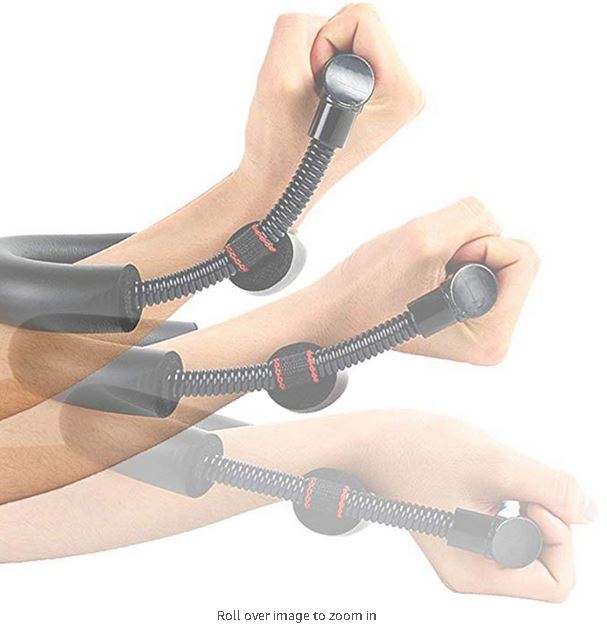
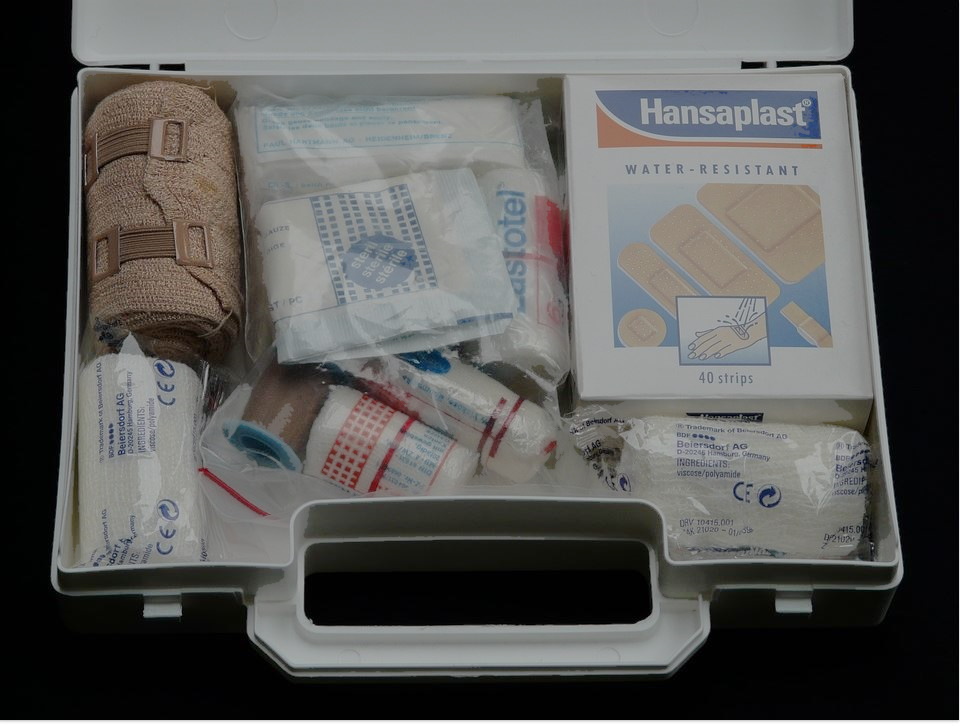 Burn Care
Burn Care Mental Health Rehabilitaion
Mental Health Rehabilitaion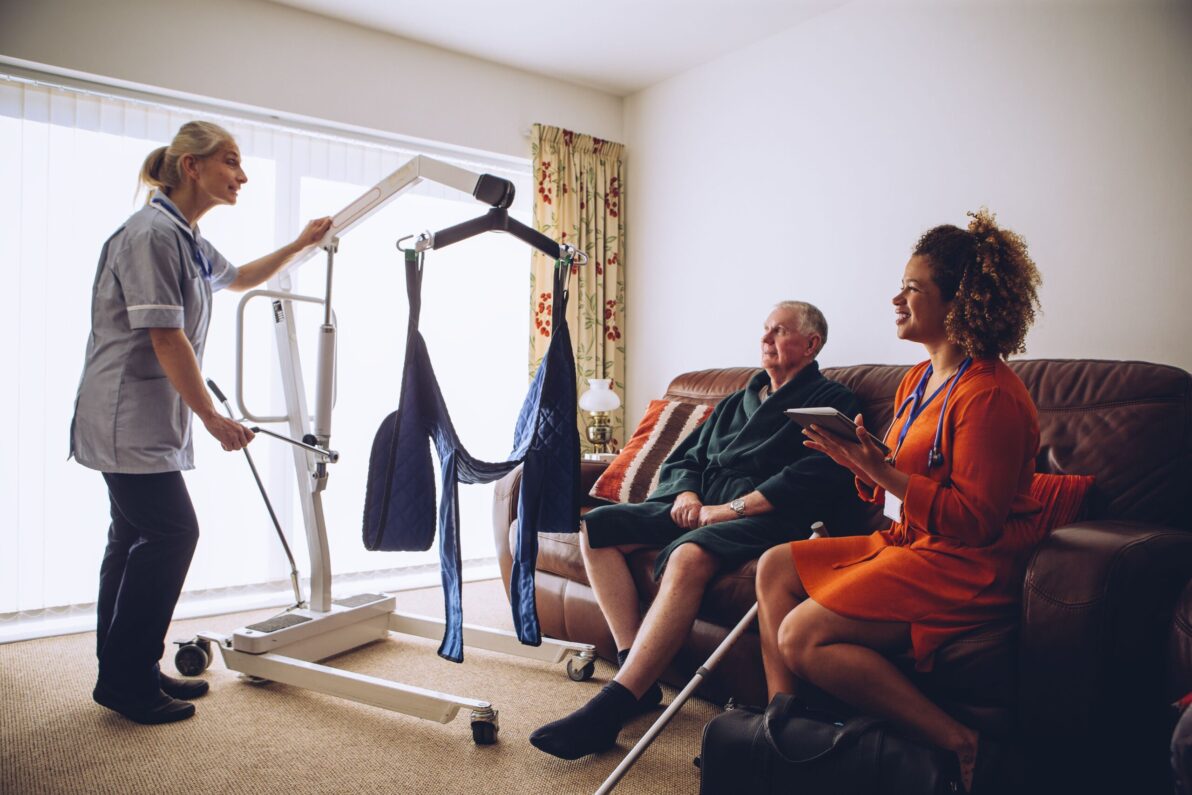
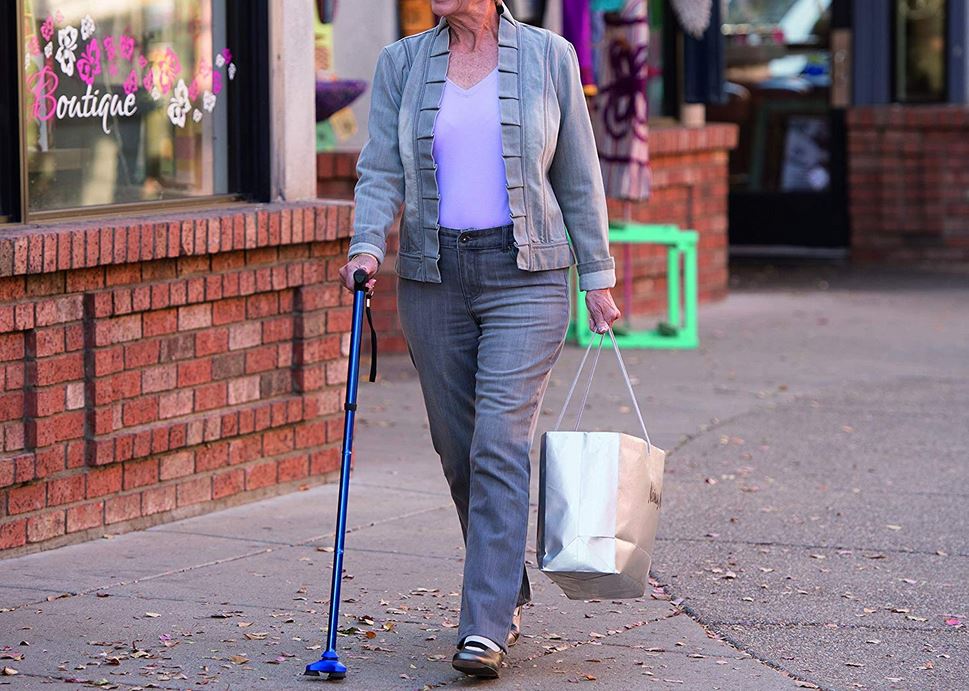 Canes
Canes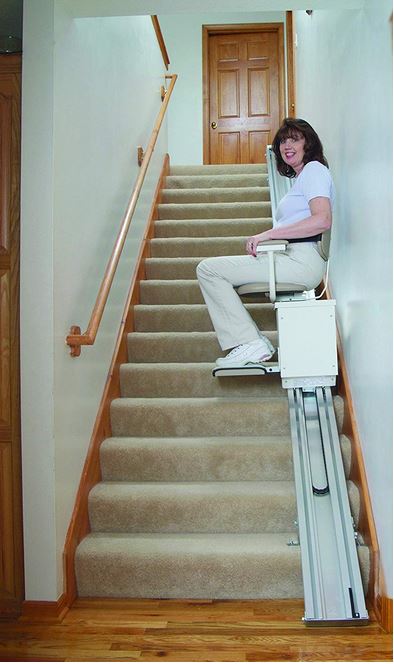 Chair Lifts / Stair Lifts
Chair Lifts / Stair Lifts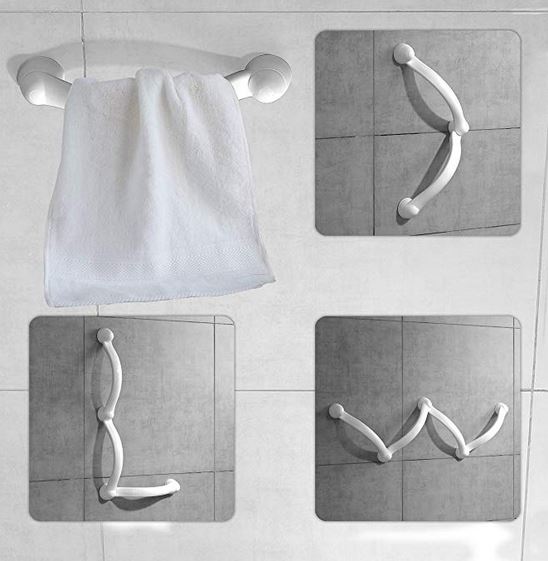 Grab Bars
Grab Bars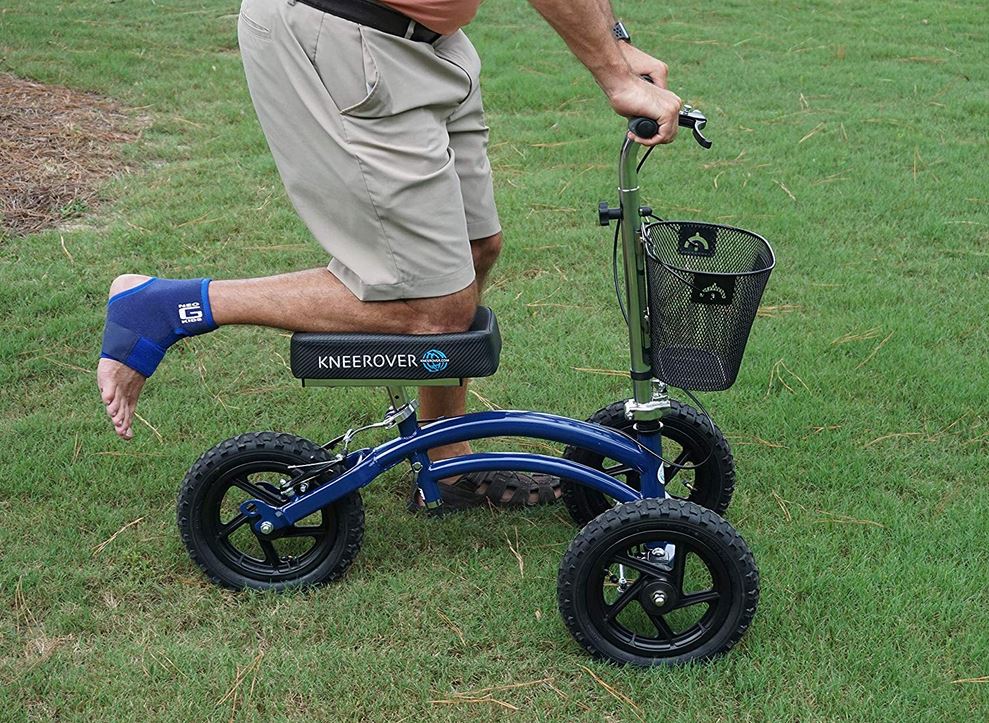 Knee Scooters / Knee Walkers
Knee Scooters / Knee Walkers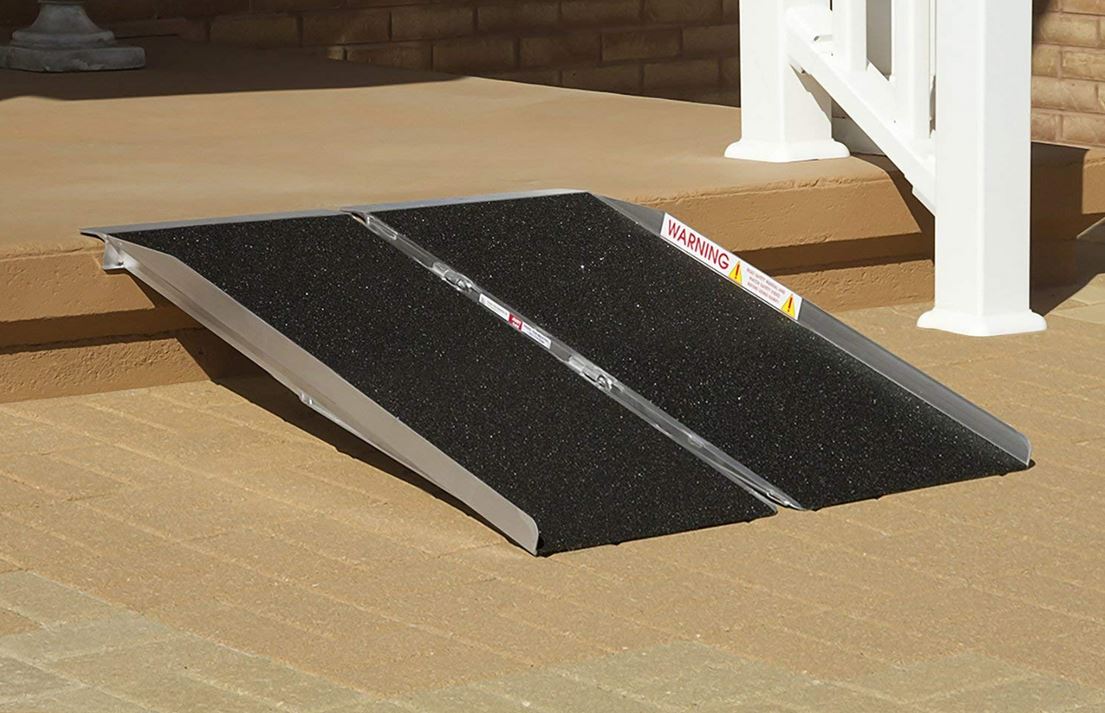 Ramps
Ramps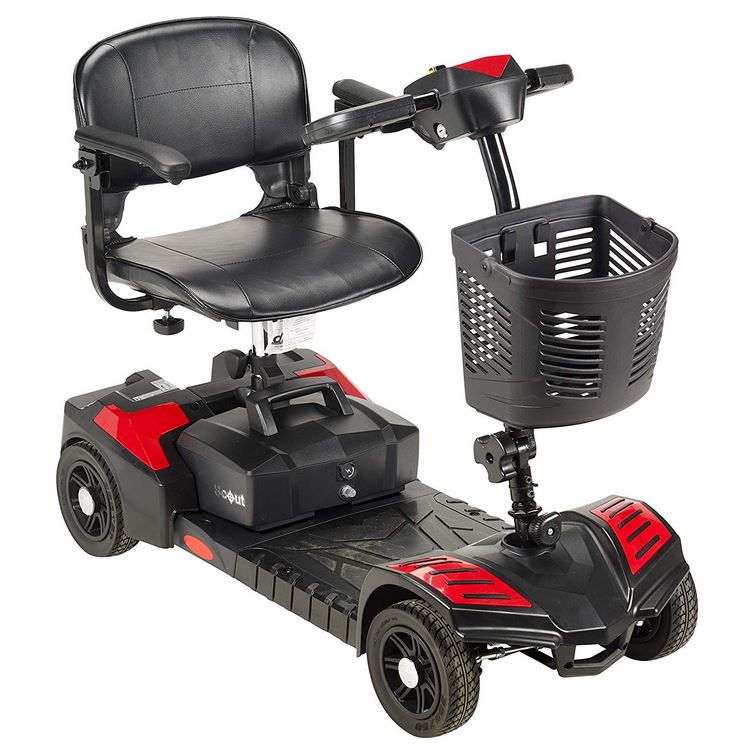 Scooters
Scooters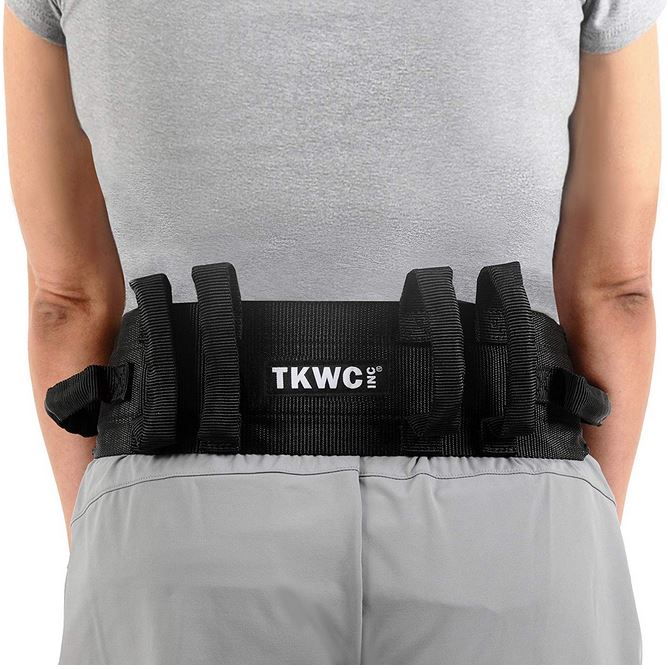 Transfer belts / pads / equipment
Transfer belts / pads / equipment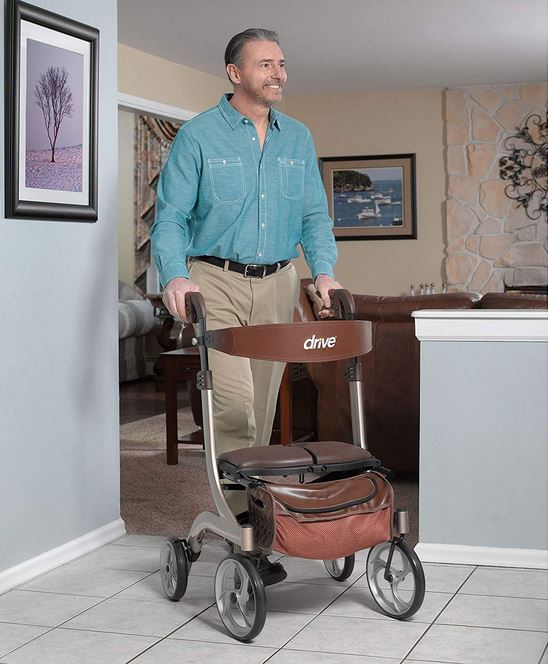 Walkers and Rollaters
Walkers and Rollaters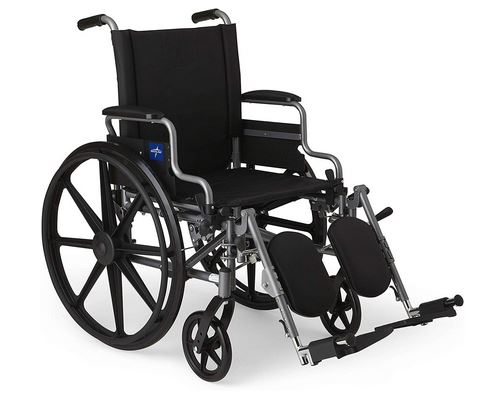 Wheelchairs and Mobile Chairs
Wheelchairs and Mobile Chairs
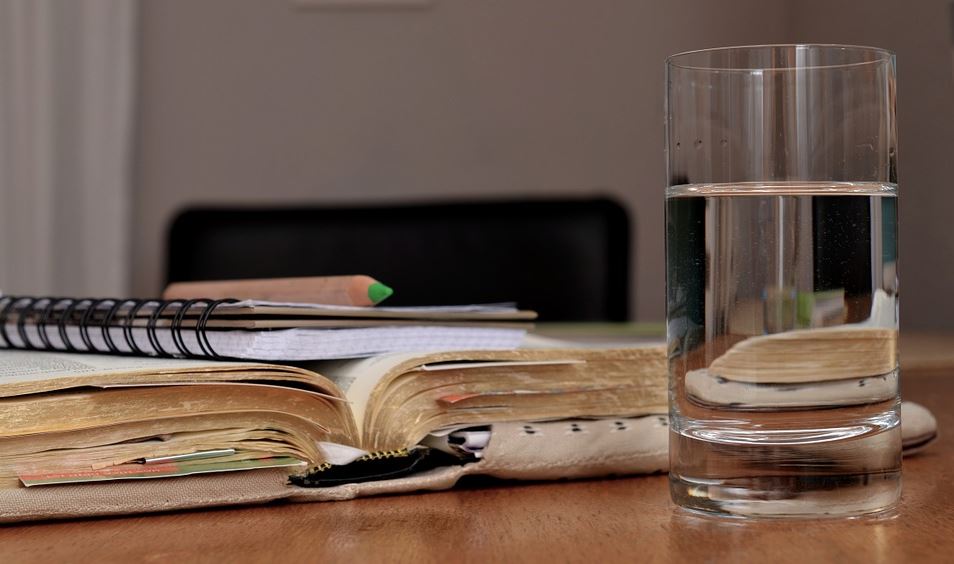 Accounting and Tax
Accounting and Tax Books-Seminars-Courses
Books-Seminars-Courses
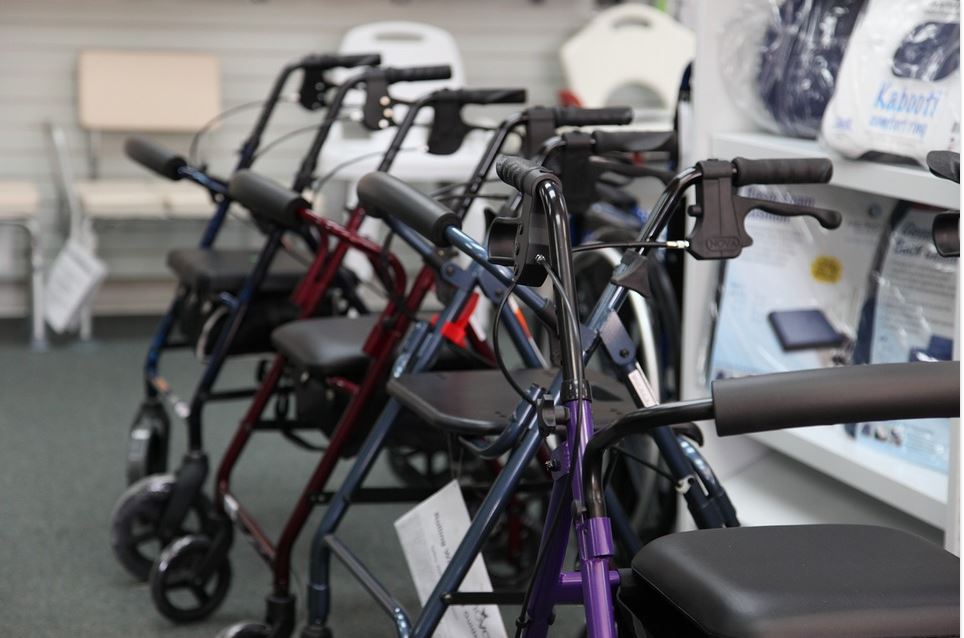 ASSISTED LIVING
ASSISTED LIVING Assisted Living Facilities
Assisted Living Facilities Cohousing Communities
Cohousing Communities Manufactured Housing Communities
Manufactured Housing Communities Naturally Occurring Retirement Communities (NORCs)
Naturally Occurring Retirement Communities (NORCs) Personal Residence LIving Independetly
Personal Residence LIving Independetly Accessory Dwelling Units
Accessory Dwelling Units Continuing Care Retirement Communities
Continuing Care Retirement Communities Multigenerational Households
Multigenerational Households